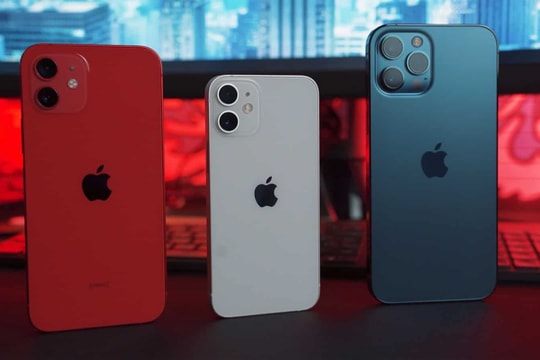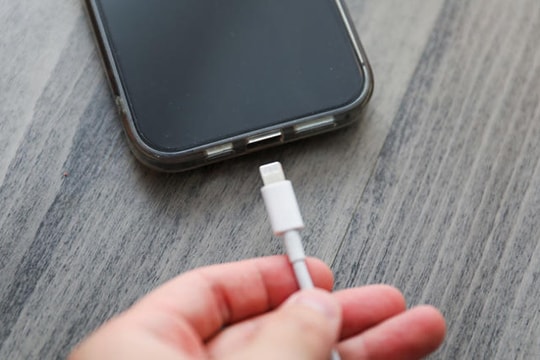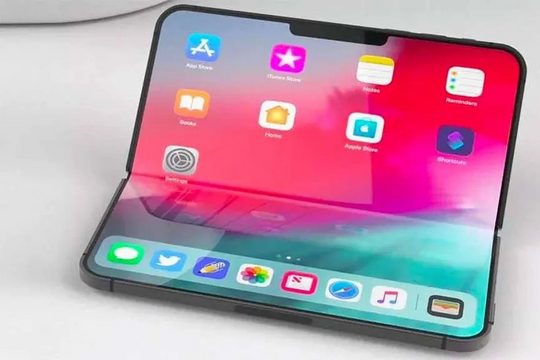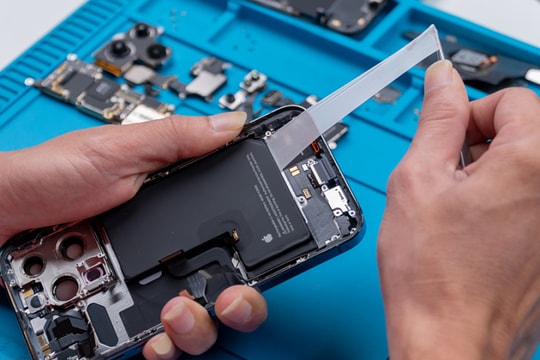The FBI and Apple "War": A Warning for Silicon Valley
(Baonghean) - The legal battle between the US Federal Bureau of Investigation (FBI) and technology giant Apple regarding the "jailbreaking" of the iPhone of the San Bernadino shooting suspect has finally "come to an end". It seems that this is just the opening act for more fierce confrontations in the future between security officials and technology companies.
"Without you" the work is still done
After weeks of wrangling and at times going to court, the US Federal Bureau of Investigation (FBI) has resolved the issue without having to ask for cooperation from tech giant Apple.
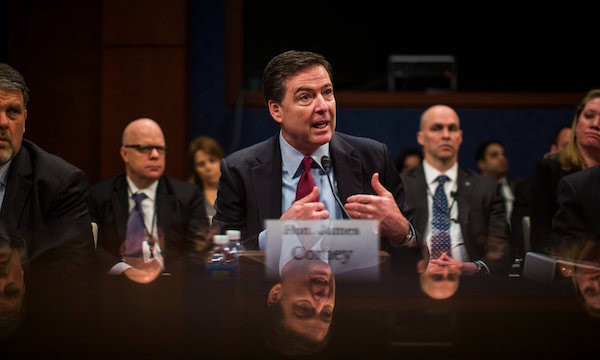 |
| FBI Director James Comey at a hearing at the US House Intelligence Committee on the request for Apple to "unlock" the iPhone. (source: The Guardian) |
In a March 28 court filing requesting the case be closed, federal prosecutors said the US government had successfully retrieved data from the iPhone of Syed Rizwan Farook, a perpetrator in the shooting that killed 14 people in California. US prosecutor Eileen Decker said the FBI decided to end the case after receiving help from a third party. But the official identity of this “third party” remains a secret. The US press “reported” that it was Cellebrite, a company based in Israel.
This is one of the world's leading companies in the field of digital decryption, defense, and has worked with intelligence agencies and law enforcement organizations for many years. Particularly with the US Federal Bureau of Investigation, this is not the first cooperation. Previously, Cellebrite provided decryption solutions, as part of the contract the company signed with the FBI in 2013.
The tension between tech giant Apple and the FBI is being noticed because it can directly affect the privacy of billions of customers using Apple technology products, but can also threaten the security of the United States.
Apple called the FBI's move a dangerous move that would break several important security features and undermine decades of security gains it has made to protect its customers. Apple CEO Tim Cook called the request "over the top," warning that such actions would create "a backdoor to iPhones" that anyone could exploit.
Silicon Valley tech companies also supported Apple because they feared that if the verdict was in favor of the FBI, it would create a bad precedent for their business and legal responsibilities.
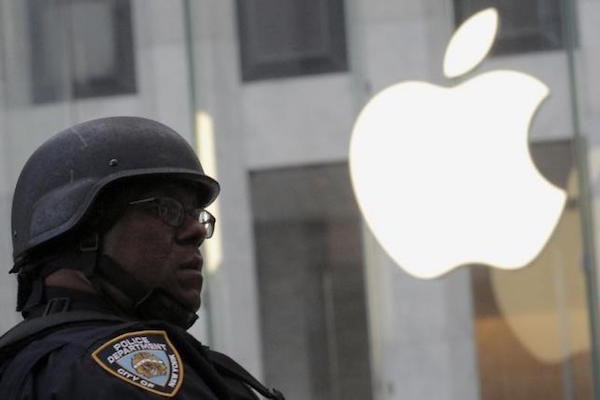 |
| Technology giant Apple is becoming the focus of US security officials in efforts to control security and fight terrorism. (source: Reuters) |
The US authorities, with their powers and responsibilities, of course, did not give up. In mid-February, the US Department of Justice petitioned a federal court in California to request an order forcing Apple to assist the authorities in canceling the self-erasing function on the iPhone that was seized after many unsuccessful attempts to break the password.
"Hot" risk of "cold war"
Immediately after this latest development, the FBI faced a lot of criticism from the public for being dishonest when it repeatedly asserted that Apple's involvement was the only solution. While it was clear that the FBI had a backup solution if Apple refused the offer of cooperation.
The Wall Street Journal has accused the FBI of having other motives and targeting not just a single iPhone but possibly the confidential information of many phone users. The scandal of the NSA secretly tapping the phones for decades has only reinforced this suspicion.
The Los Angeles Times quoted Will Strafach, executive director of security software company Sudo, saying that software is a very broad field, especially operating systems. No one can be sure that their products are 100% secure. Strafach emphasized: "So the argument that the only way to solve the problem is to rely on the manufacturer is completely unreliable."
Many technology and legal experts accuse the FBI and US security agencies of wanting to "get their job done" without wanting to take responsibility for the problems that come with dragging technology companies into the mix.
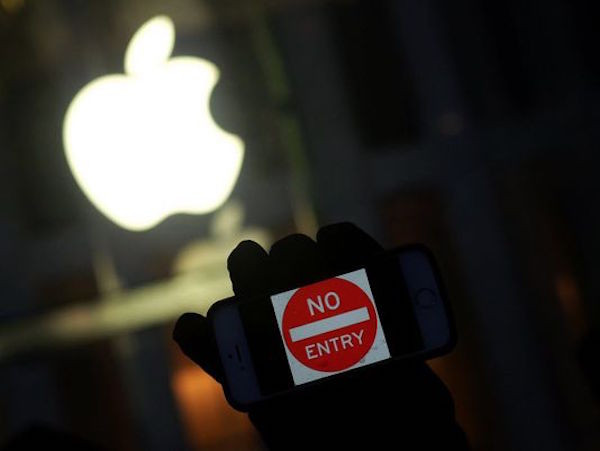 |
| Apple escapes legal proceedings related to “unlocking” a terrorist suspect’s iPhone, but trouble is sure to return. (source: USAtoday) |
There are growing voices from Silicon Valley calling for a more open dialogue to determine the limits of how far US law enforcement can go in forcing technology companies to serve so-called “national and public security”.
“Judges need to listen with both ears. They should not believe everything the FBI says, but should take it with a lot of skepticism. Congress should also be more cautious in considering legislation that would force Apple to open a backdoor,” commented Gregory T. Nojeim, senior attorney at the Center for Democracy and Technology.
Thanh Son
| RELATED NEWS |
|---|

